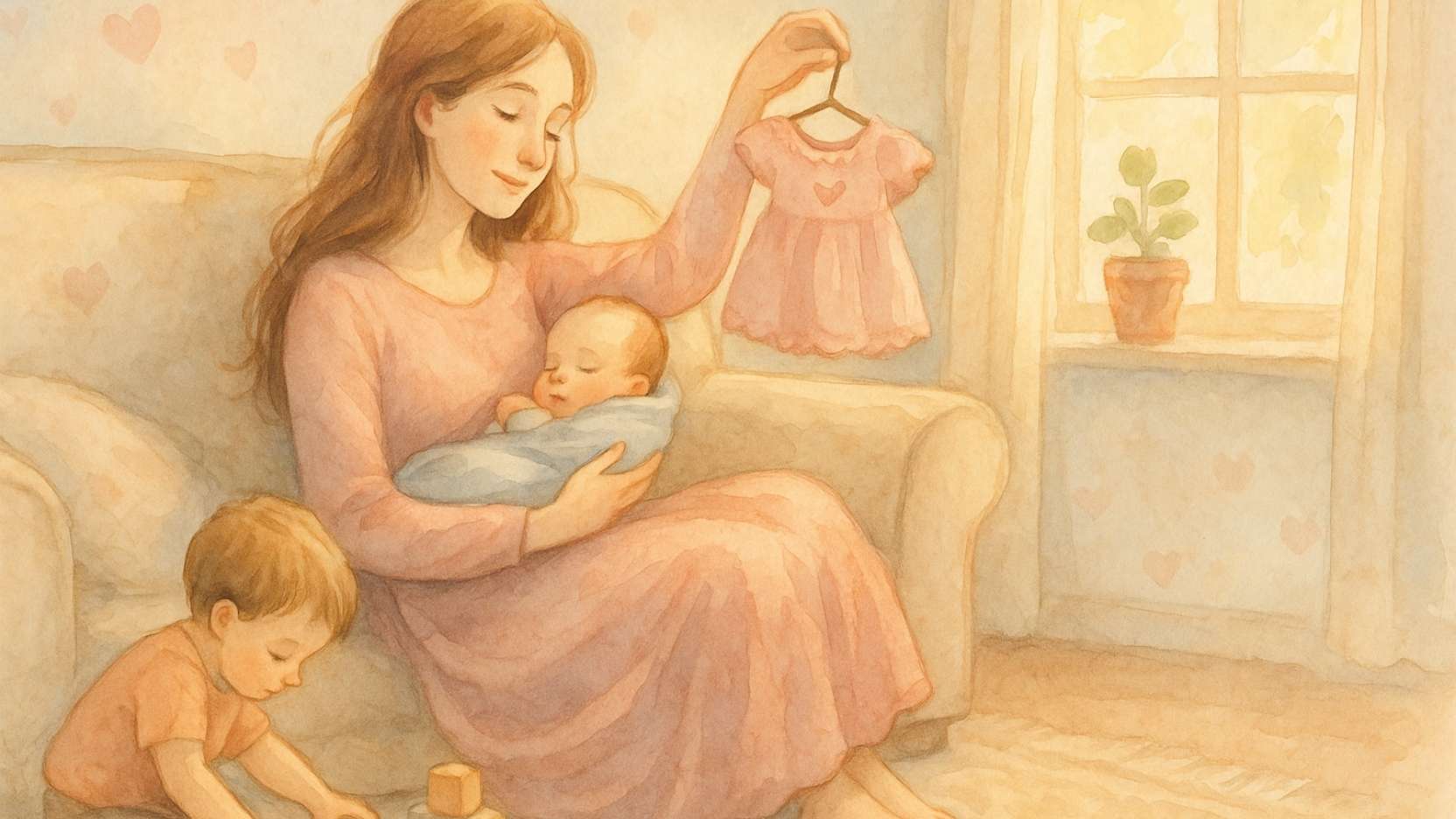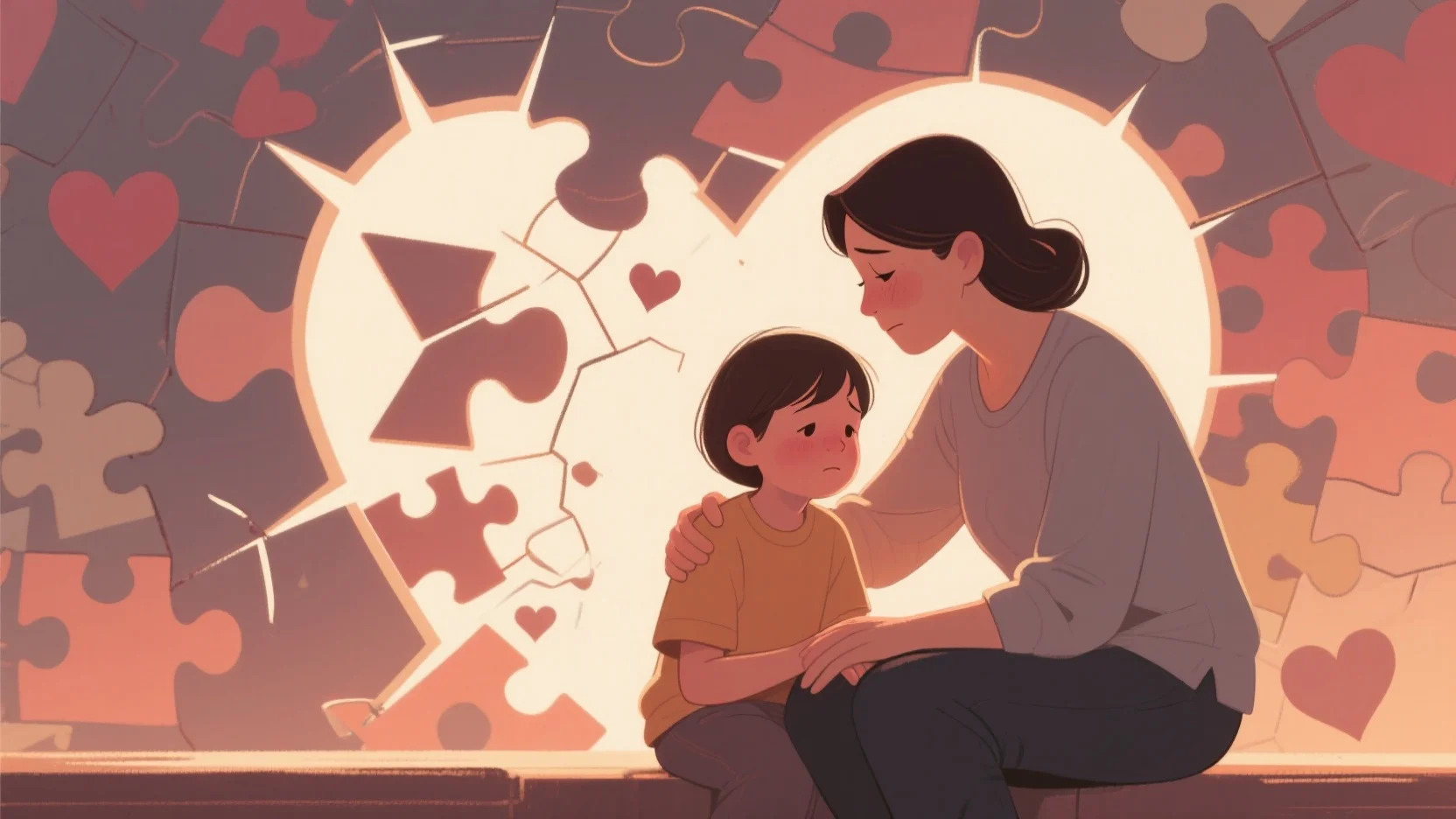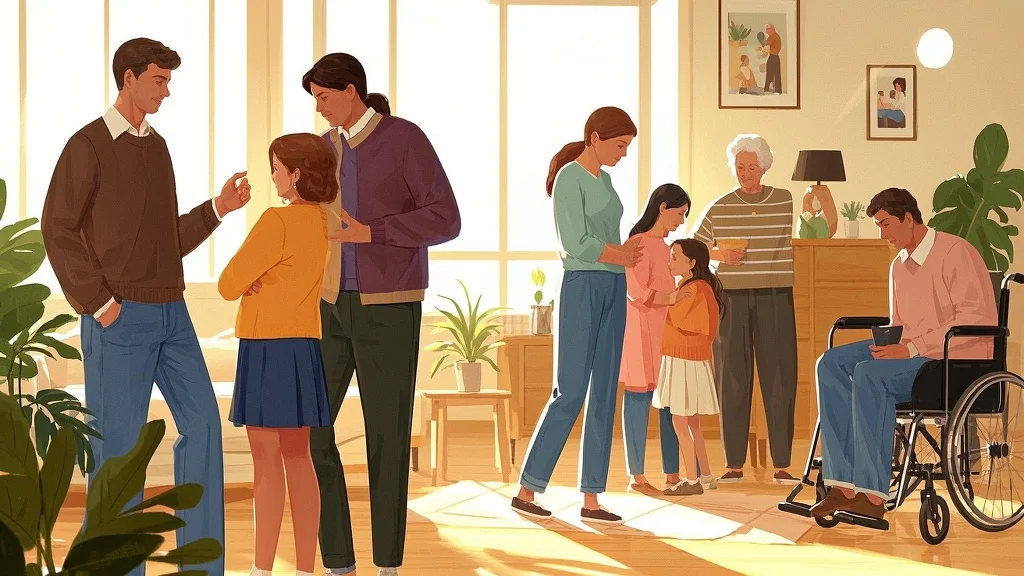🌱 When Joy Meets an Unexpected Sting
A few months ago, I welcomed my second little boy into the world. During my first pregnancy, I didn’t mind whether the baby was a boy or a girl—my partner was rooting for a son, and many of my friends already had boys, so a boy felt perfect.
This time, though, my heart quietly wished for a daughter. The scan said “boy” again, and a knot of disappointment tightened in my chest. To make it tougher, those same friends who once cradled sons are now posting pink‑themed announcements.

🤔 Why the Longing Feels So Deep
I’m the only daughter in my family, and my bond with both parents is strong. Deep down, I wanted to pass that mother‑daughter closeness forward. I picture sharing stories, shopping trips, even heartfelt chats about growing up. I worry my boys will naturally drift toward their dad as they grow.
🤐 The Taboo of Gender Disappointment
Talking about this ache is tricky—what if people think I love my boys less? Only my husband and parents know how sad I sometimes feel. I adore my sons and know I’m fortunate, yet envy and sadness still sneak in.
Clinical psychologist Dr Lindsay McMillan, who runs an Instagram page on parental gender disappointment, confirms I’m not alone. She explains that many mothers in this situation aren’t mourning a daughter so much as they’re mourning a vision of connection.
🧭 Untangling the Feelings
- Is the ache tied to how close I am to my own mum—and the fear of losing that bond someday?
- Does seeing friends with daughters make me feel left out?
- Am I grieving a plan for motherhood that never materialised?
Dr McMillan also describes ambiguous loss—mourning something we never actually had. When you imagine a daughter for months, her absence feels painfully real.
🚫 What Not to Do
No matter how heavy the sadness, never voice it in front of the kids. Off‑hand remarks (“I always wanted a girl…”) can linger in little hearts for years.
🌟 Turning Love Into Action
“Your mind is tuned to what you fear missing,” says Dr McMillan. “So bring the qualities you love about mother‑daughter bonds into life with your sons.”
- Share hobbies that nurture empathy and creativity. 🎨
- Model the kindness and open conversation you value. 🗣️
- Create rituals—like weekend walks or kitchen dance parties—that feel uniquely yours. 💃🕺
Remember: parents shape closeness more than gender does.
🤝 When to Reach Out for Help
Two youngsters can stretch anyone thin. If bonding feels hard or your mood sinks, seek support. Dr McMillan recommends Parenthood in Mind for perinatal‑trained therapists. Speaking up is an act of love for yourself and your children.
📝 Final Thoughts
Your feelings are real and worthy of attention. By naming them—and choosing how you respond—you pave the road toward the relationship you dream of sharing with your sons. 💞
Need a confidential ear? Guardian columnist Annalisa Barbieri answers reader dilemmas each week. Send queries to [email protected] (submissions follow the Guardian’s terms and conditions). Comments on this topic are pre‑moderated to keep the discussion supportive and respectful.








